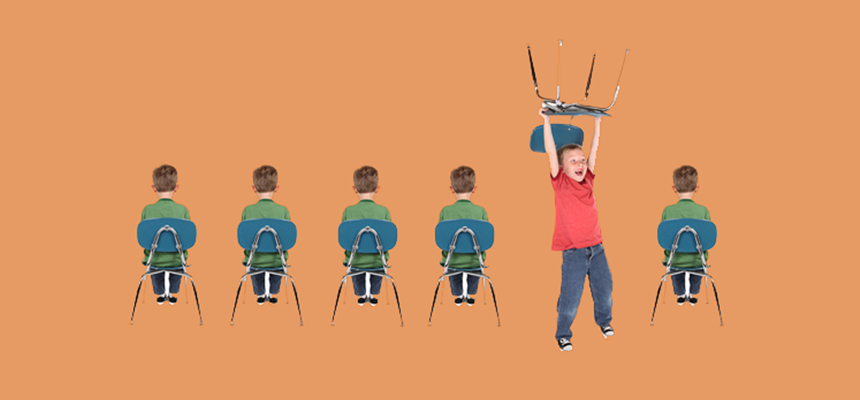Attention Deficit Hyperactivity Disorder

ADHD is referred to as a disorder in which the person is not able to focus or concentrate on a particular thing. ADHD mostly happens to children and teenagers and disappears with time as they age. But in some cases, ADHD continues till adulthood and may cause a number of problems. ADHD is characterized by hyperactivity and attention deficit disorder which causes impulsiveness in children. ADHD is the most common mental disorder in children. ADHD children are impulsive and blurt out things on the spur of moment. There are treatments for it which include medications and treatment which help the ADHD patient a great deal.
Adults also suffer from ADHD. Most of the adult sufferers of ADHD had it during their childhood. ADHD affects studies in childhood and continues in adulthood to affect work, relationships and social life.
The symptoms of ADHD are listed below:
â— Adults have difficulty in following directions and remembering things
â— They have difficulty in organizing and planning their tasks
â— They are unable to finish their work on time
â— Due to impulsiveness, the relationship suffers as there is less understanding of the partner.
With ADHD, the problems in adults include anxiety and panic attacks, depression, temper issues, forgetfulness, low tolerance, frustration, low self-esteem and mood swings. These problems are carried by the sufferer and he faces problems in every walk of life. Due to these habits, there is less tendency of socializing and going out with near and dear ones. Such persons lose control easily and may become difficult to calm down.
Treating ADHD:
ADHD is to be diagnosed by a psychiatrist who has specialized in treating this disorder. The diagnosis will consist of taking a physical exam to make sure there is no other disease, taking blood samples for checking, psychological testing and knowing about your history of past diseases.
Once the diagnosis is said to be ADHD, the doctor will start medications depending on the severity of the disorder. The treatment includes prescription of stimulant-medicines. The medicines are to bring alertness, attentiveness and presence of mind in the patients, which helps them to behave normally when with others and remain attentive at all times.
Medications, however, should not be totally relied upon. Medications prescribed by doctors can be addictive, which means you might develop a dependence on them even if the course for that medication is over. The medications can be difficult for the patient to remember, and hence they should be given by someone who remembers the doses well for the patient. Lastly, the medications have an effect on the brain, so they should not be missed.
The types of therapies administered for ADHD patients include:
â— Cognitive and Behavioural Therapy which is useful for improving the behavioural pattern and self esteem of the patient
â— Stress Management which is a relaxation technique used for calming down a person who is stressed and pressurized
â— Life coaching that can help build goals for the future, work, life and relationships
â— Mentoring, which is an ongoing process that is helpful for keeping the person on the right track and helping him or her to take right decisions in life.
These are some of the ways for treating ADHD in patients. The problem can be cured with the help of mild medications and the above listed therapies for leading a happy and normal life.

 Disclaimer: Welthi.com does not guarantee any specific results as a result of the procedures mentioned here, and the results may vary from person to person.
Disclaimer: Welthi.com does not guarantee any specific results as a result of the procedures mentioned here, and the results may vary from person to person.









